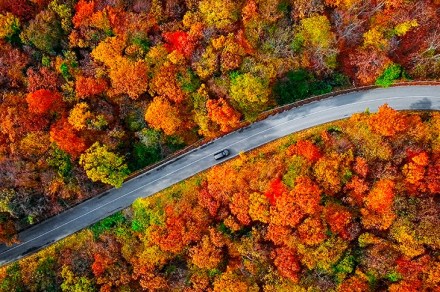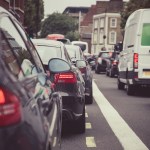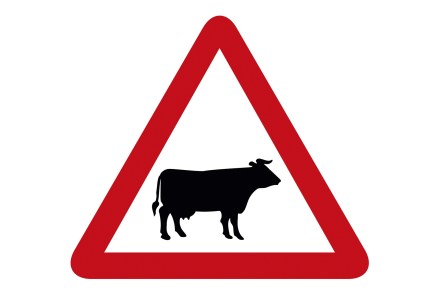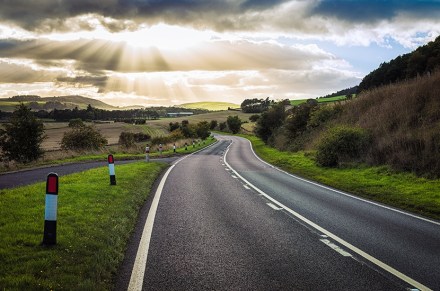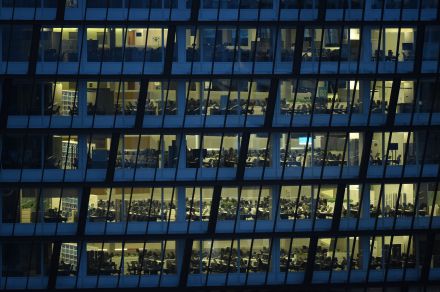Taking charge: it’s time to buy an electric car
As a wise colleague once said: ‘Yesterday is a great time to buy a computer, because you have already enjoyed it for a day. Alternatively, buy a computer tomorrow. The computer you buy tomorrow will be both faster and cheaper than the computers available now. On no account, however, should you ever buy a computer today.’ One factor delaying our adoption of electric cars is that experience has taught us it pays to wait when buying anything with a plug. There is a huge impetus to buy property because, over time, your options get fewer and dearer. But when contemplating the purchase of an electric car we assume every year
